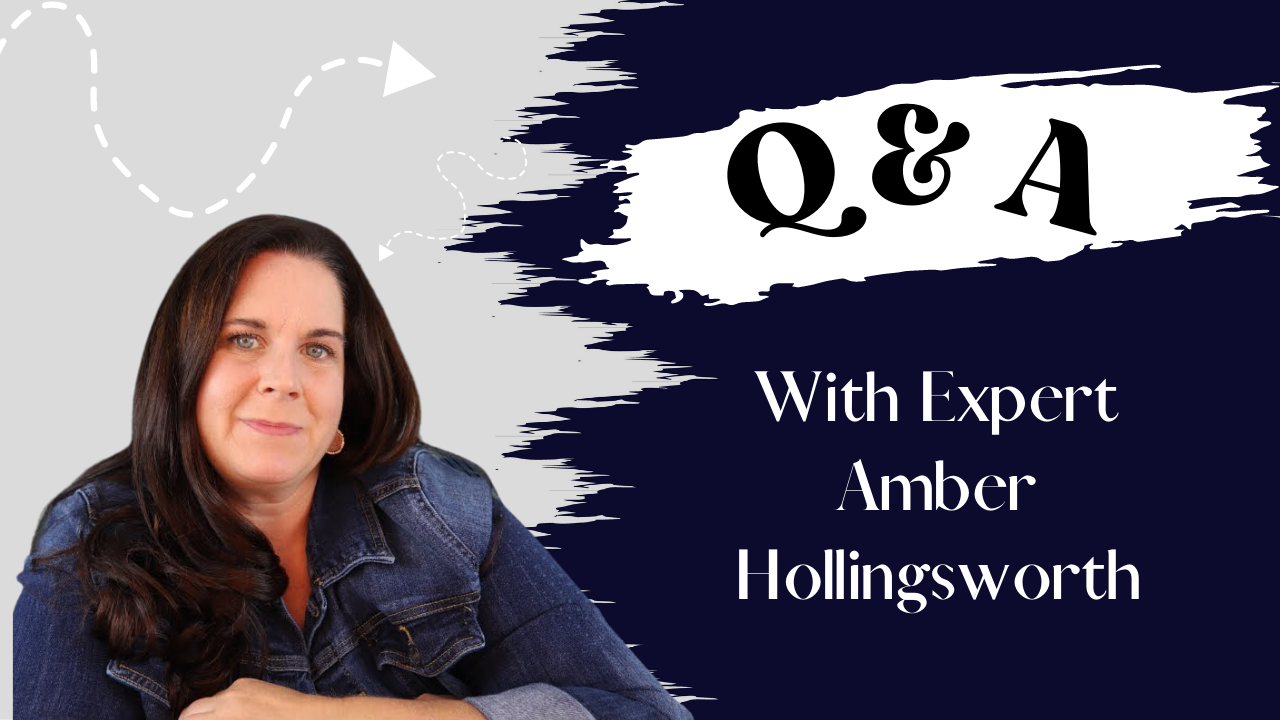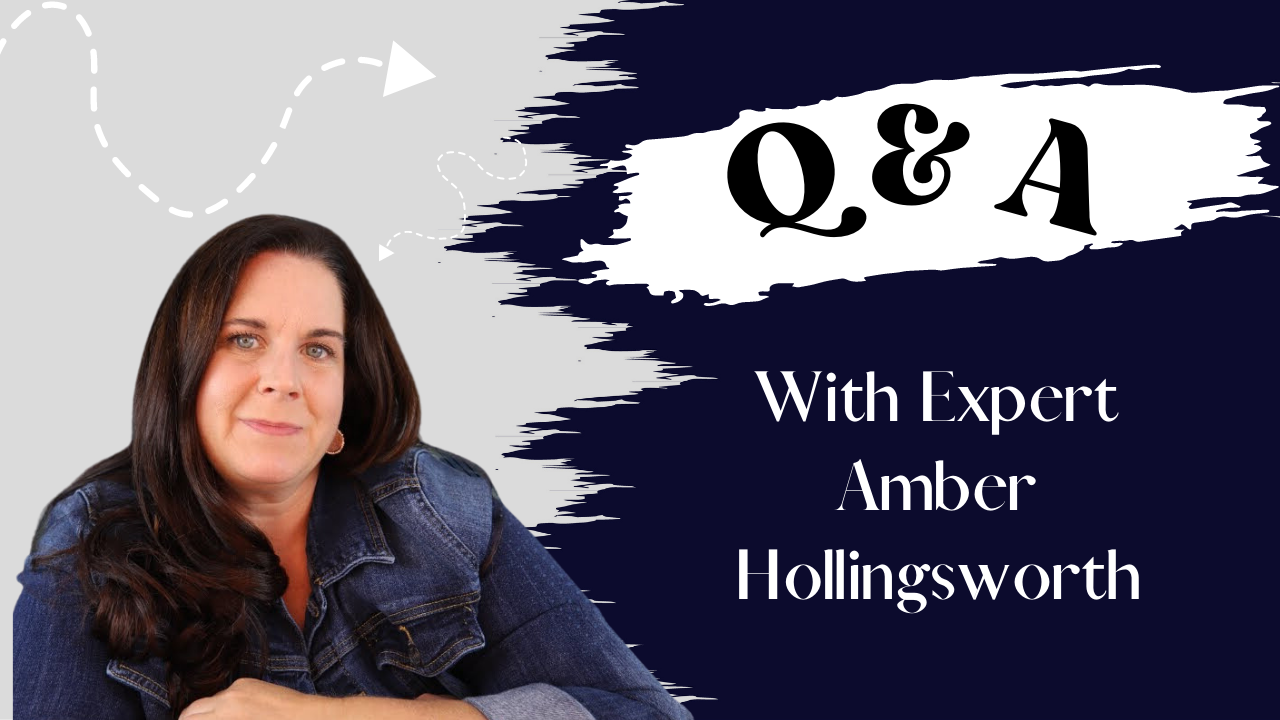Q&A with Addiction Expert Amber Hollingsworth: Insights and Answers

Navigating Relationships with Loved Ones Struggling with Addiction: Expert Advice
Question 1: How do I kindly tell my 31-year-old son in Tennessee that he is not welcome to visit until he can demonstrate that he's not just looking for a new place to live?
Answer: When faced with a situation like this, it's essential to approach the conversation with kindness and understanding. Consider the reasons behind your hesitation to have your son visit – whether it's concerned about him moving back in, causing conflicts, or substance abuse issues. If he asks to visit, you can suggest meeting somewhere neutral, like dinner, to avoid potential complications. If he directly asks to come and stay with you, express your love and support but kindly explain that living together might not be the best option for your relationship. Encourage him to come up with an alternative plan.
Question 2: Recently, my son said adamantly that he would rather commit suicide than go through detox; he uses fentanyl and meth. Is this denial, fear, or not being ready to stop?
Answer: It could be a combination of denial, fear, and not feeling ready to stop using. To better understand his statement, it might be helpful to clarify if he meant he would rather avoid the miserable withdrawal symptoms associated with detox. In this case, supporting him in seeking medical help to taper off substances might be beneficial. However, if it seems like emotional manipulation, take a cautious approach and explore the underlying emotions and reasons behind the statement.
Question 3: I've kept a journal of my husband's moods and drinking patterns for the last five years. Can I share that with him?
Answer: While keeping a journal can be helpful for personal understanding, sharing it with your husband may lead to defensiveness and anger. Instead of directly sharing the journal, try using the insights you gained to understand his behavior and patterns better. If you believe he needs support, consider finding ways to help him without explicitly mentioning the journal.
Question 4: When feeling close, my husband will sometimes apologize but won't say for what. How should I approach this?
Answer: When your husband offers vague apologies, it might indicate that he wants to discuss certain issues but feels hesitant. Try to validate his feelings and provide a safe space for him to open up at his own pace. Avoid pushing the conversation, as it might lead to further withdrawal. Offer positive and encouraging messages, signaling that you're open to discussing things when he's ready.
Question 5: My alcoholic husband agreed to stop drinking, but he travels for work and is a high-functioning alcoholic. Can he quit on his own without support?
Answer: Quitting alcohol without support can be challenging, especially in high-stress situations like traveling for work. Consider introducing a portable alcohol monitoring system like Soberlink, which can provide accountability and support while he's away. Having external tools can be beneficial in maintaining sobriety in challenging circumstances.
Question 6: My spouse is in early recovery but doesn't want to talk about it or acknowledge it. How can I support him without knowing what he needs?
Answer: While it's challenging not to know what your spouse needs, the best approach is to be positive, supportive, and encouraging. Don't push for conversations about recovery; instead, let him take the lead and share when he's ready. Avoid being judgmental or critical; provide a safe space for him to open up if he chooses to do so.
Question 7: My ex texted me saying he misses and cherishes me but later shared pictures of him with his affair partner. What's going on?
Answer: It seems like your ex is struggling with emotional turmoil and instability, possibly due to his alcohol use. The mixed signals and confusion could be a result of his rollercoaster behavior when drinking and withdrawing. Focus on building a trusting relationship with him rather than trying to influence his behavior or decisions.
Question 8: Our adult son left on poor terms, and we want to help him stop taking drugs and live a more productive life. How can we do that?
Answer: The first step is to prioritize building a trusting relationship with your son. Before attempting to help him stop using drugs or live a more productive life, focus on establishing credibility and understanding. Show him love and support, and let him know you are there for him, regardless of his current situation. As trust grows, you can begin exploring ways to help him on his path to recovery and a more fulfilling life.
Amber Hollingsworth
📢Get access to our advanced family recovery skills
📅Make an appointment with Amber to talk about your situation

